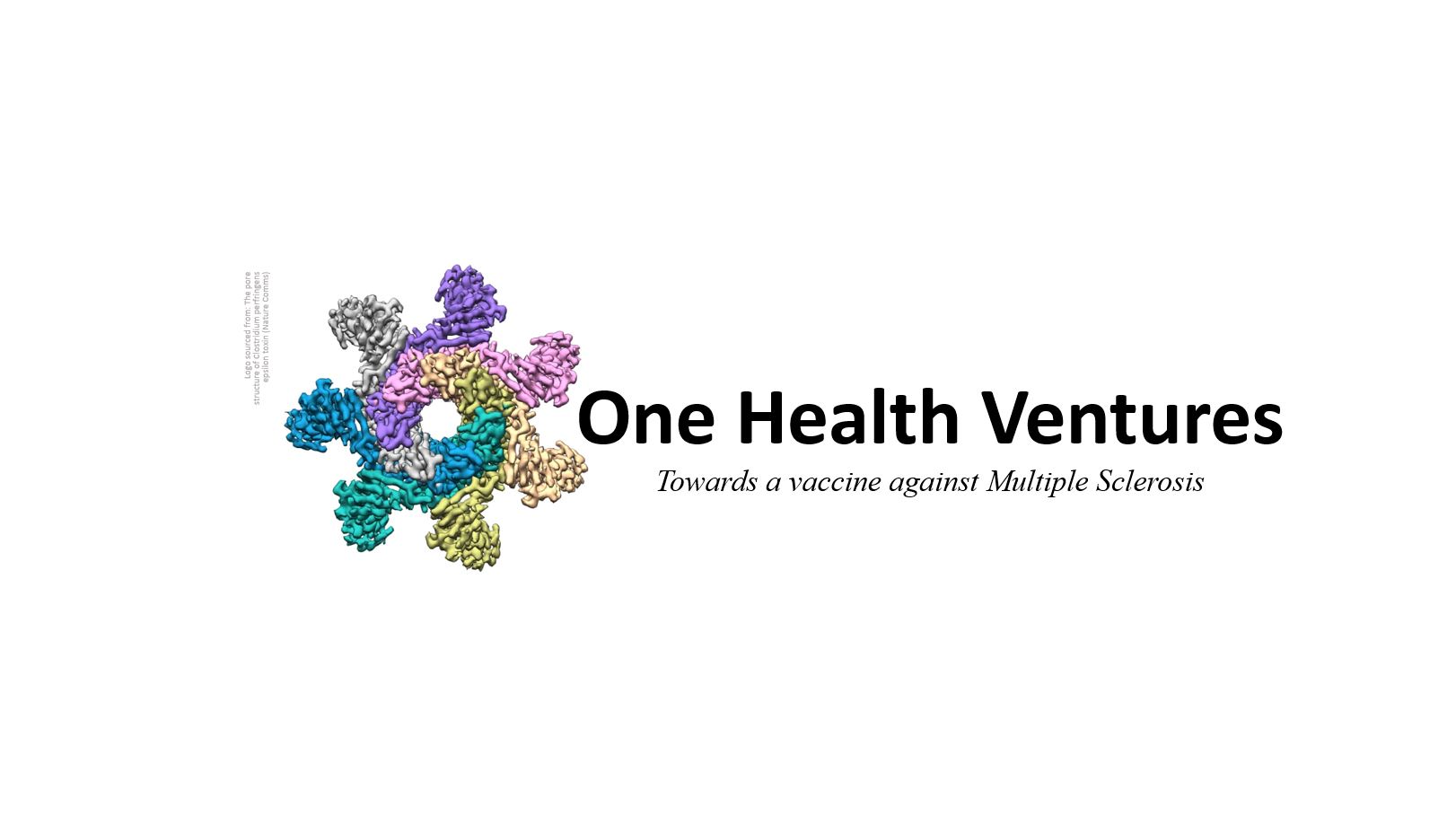Executive Summary
One Health Ventures Limited (OHV) is a research and development company established to develop treatments against pathogens and diseases that affect animals and may cross over into humans. OHV's first project is to develop a vaccine against epsilon toxin (ETX).
One Health Ventures (OHV) has developed a proprietary, recombinant, genetic toxoid vaccine candidate against ETX, which can be cultured in E.coli, as a treatment for both animals and humans.
OHV is seeking a commercial partner(s) either to licence or enter into a joint venture(s) in order to exploit its game-changing, patented vaccine against ETX in both animal and human medicine worldwide.
Background
ETX is the third most lethal toxin known to humans and is classified as a category B bio-terrorism agent by the U.S. Government Centres for Disease Control and Prevention (50) and (20). ETX is produced by a plasmid in certain strains of Clostridium perfringens (types B and D). ETX is the cause of enterotoxaemia (also known as “pulpy kidney” disease) in livestock, mainly sheep, goats and cattle.
Over the past 7 years, ETX has been increasingly implicated as the trigger for Multiple Sclerosis (MS) in humans, which affects about 2.5 million people worldwide and for which there is currently no cure. Evidence includes finding significant levels of ETX, antibodies to ETX and the relevant bacterial strains in MS patients and to a lesser extent in controls. There is also currently no human vaccine against ETX.
The only vaccines currently available against ETX are for livestock and are based on formaldehyde treated C. perfringens, which are impure and produce low or variable yields. In addition, immunogenicity of the ETX toxoid is low requiring frequent booster doses.
The new genetic toxoid vaccine candidate overcomes all these problems.
Acknowledgements
A huge debt is owed to Dr Tim Vartanian and his team at Weill Cornell for their ground-breaking work in providing the first direct evidence of the link between epsilon toxin (ETX) and multiple sclerosis (MS).
Evidence was first presented in a paper by Dr Kareem Rashid Rumah in 2013 when Rashid was a member of Dr Tim Vartanian’s lab at Weill Cornell. A number of follow up papers have been published in the intervening years by members of the team - all adding to the evidence of the link between MS and ETX. These papers are referred to throughout this website. In addition to Tim and Rashid, Dr Jennifer Linden from Tim’s lab has worked tirelessly in the field to produce additional evidence of the links.
Finally a mention for Professor Rick Titball from Exeter University, who, with his team at Exeter, have developed the vaccine candidate against ETX and provided confirmatory evidence of Dr Rumah’s work.
